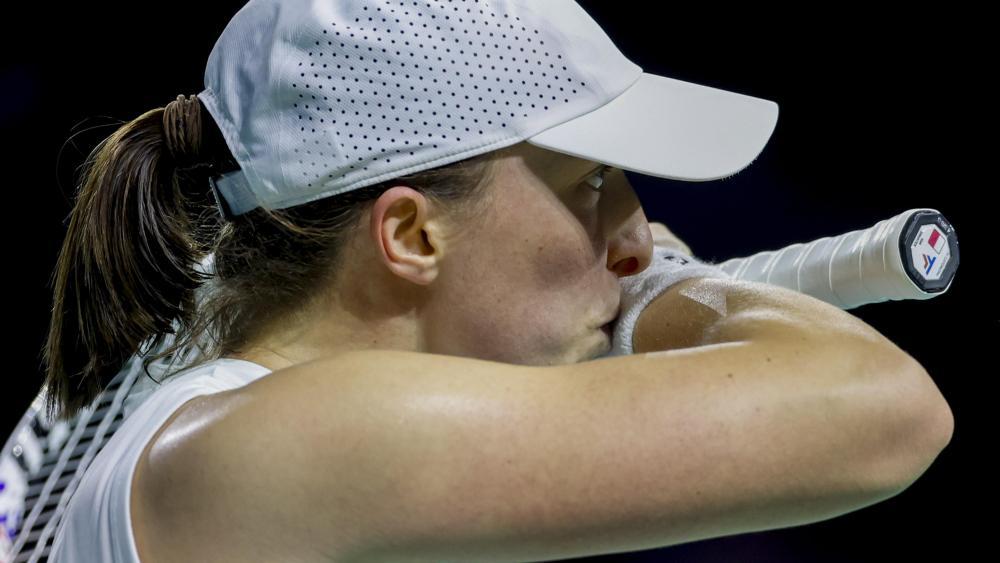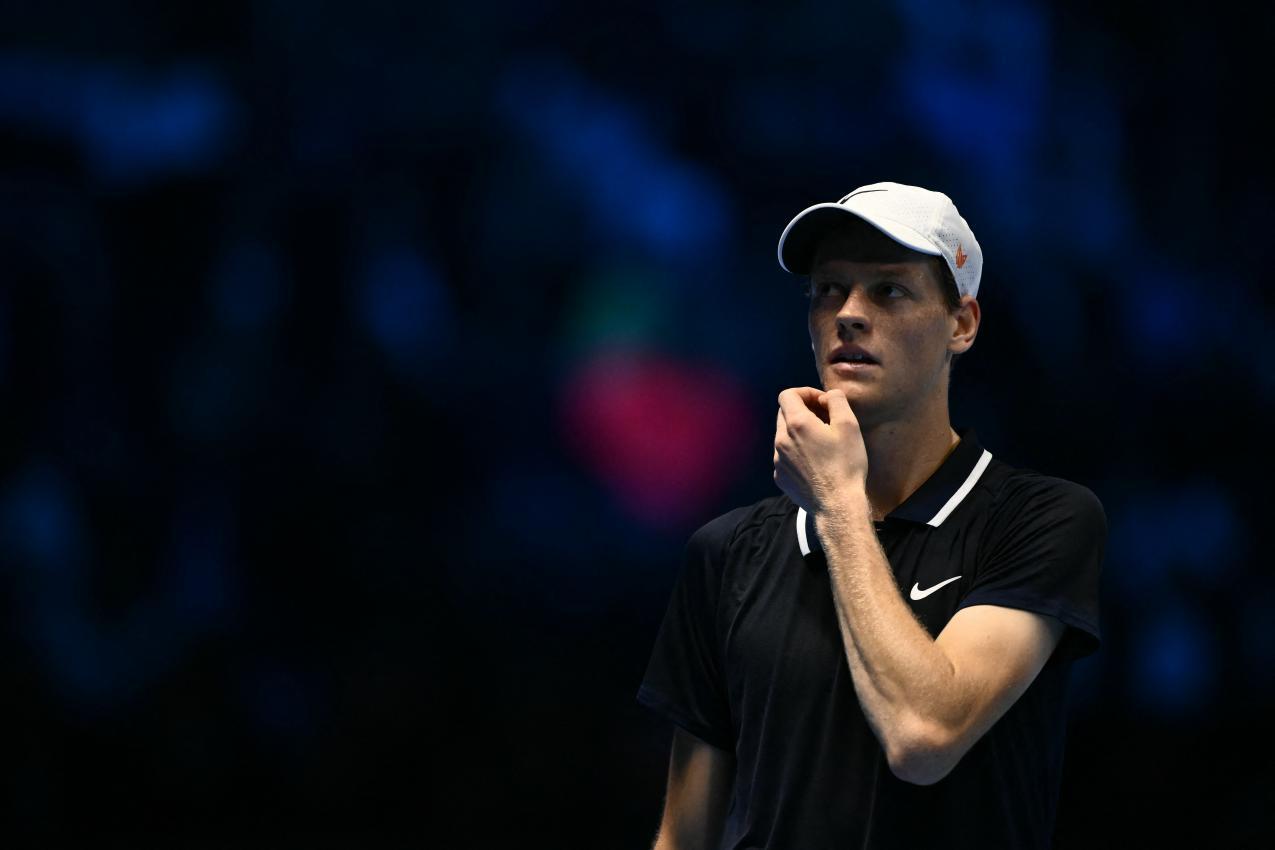
World number two Iga Swiatek was banned. © ANSA / Jorge Zapata
Swiatek doping case and the parallels with Sinner
The procedure for the one-month doping ban for the Polish world number two Iga Swiatek brings back memories of the Jannik Sinner doping case and provokes criticism in the tennis scene.
29 November 2024
From: dpa/dl
"The excuse we can all use is that we didn't know," wrote Australian tennis player Nick Kyrgios on the X platform. "Professional athletes at the highest level can now simply say, 'We didn't know.'"
Two-time Grand Slam tournament winner Simona Halep, who was initially banned for four years by the International Tennis Integrity Agency (ITIA) due to a positive doping test and irregularities in her athlete passport, also reacted with incomprehension. "I stand here and ask myself: why is there such a big difference in treatment and verdict?" the Romanian wrote on Instagram. She suspects "malicious intent" on the part of the ITIA. Halep's ban was reduced to nine months by the International Court of Arbitration for Sport (CAS).
Why is the public only being informed now?
According to ITIA, Swiatek tested positive for the banned substance trimetazidine on August 12. The 23-year-old said she had taken a non-prescription medication to combat the effects of jet lag. The contamination of this medication led to the positive test result. The investigators classified the Polish woman's statements as credible and assessed it as a non-serious case. After the trial, her innocence was confirmed, said the five-time Grand Slam tournament winner in an Instagram video.But just like with world number one Sinner, who tested positive twice for the anabolic steroid clostebol in March but was acquitted by the ITIA, the public was not informed immediately. According to the ITIA, Sinner could not be proven to have acted intentionally. Only now, after the investigations were completed, did the investigative committee make the incidents involving Sinner and Swiatek public.
Jannik Sinner is still waiting for the WADA verdict. © AFP / MARCO BERTORELLO
The ITIA defended itself against the allegations. "No two cases are the same, the circumstances are often very different and direct comparisons are not always helpful," the agency said. In Swiatek's case, it was a regulated drug and not a dietary supplement like in Halep's case. However, why it took Halep from the provisional suspension in October 2022 to September 2023, the time of the initial four-year ban, had certainly caused head-shaking in the tennis scene.
"These are not cases of intentional doping. We are dealing with unintentional violations of the rules." Karen Moorhouse, Executive Director of the International Tennis Integrity Agency (ITIA)
The Halep case has been on everyone's lips the whole time, but Sinner and Swiatek have only had to face the public since the decision was made. ITIA CEO Karen Moorhouse said of the Sinner/Swiatek case: "These are not cases of deliberate doping. We are dealing with unintentional violations of the rules. So I don't think this is a cause for concern for tennis fans."
After the triumph at the Davis Cup comes the title defense at the Australian Open: Jannik Sinner will not be able to really switch off in the coming weeks - also because of the ongoing doping debate. Here go to the article.
Edit Profile
You have to sign into use the comment function.









Comments (0)